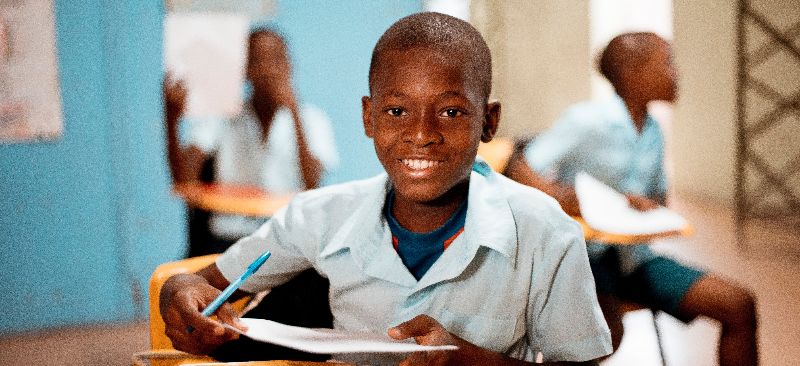
ADB commissioned MSC to implement the Microfinance Expansion Project (MEP) in Papua New Guinea. A key component of the project was Financial education (FE) and business development skills (BDS) training to clients and potential clients of MFIs. This and other components cumulatively addressed the low levels of financial literacy, business development, and management skills among clients. The MSC team delivered the training sessions under the brand name Centre for Excellence in Financial Inclusion (CEFI), which was set up under the project, as the apex body for financial inclusion in the country.
MSC provided financial education training to over 91,000 clients, of whom over 43,000 were women. By the end of our involvement in 2015, about 390,000 households had active deposit accounts as against the baseline of 187,500 households in 2010. Over 70,000 households had active loan accounts as against 43,000 households in 2010. MSC also targeted business development skills training for 15,000 clients, of whom 20% were women.
The Departments of Basic Education and of Secondary Education, Uttar Pradesh (UP) distribute in-kind benefits to students under multiple schemes and through different processes. The departments wanted to understand how to improve their existing processes through digitization, automation, and digital authentication. MSC studied the processes for enrollment and delivery, management information systems, communication strategy, and grievance resolution for all in-kind transfer programs.
The result was a set of recommendations to re-engineer and enhance the efficiency of the processes, and step-by-step guides to implement these. MSC submitted the findings and recommendations to the heads of both the departments. We presented the findings to a high-level committee of policymakers in the state, who have been working to implement the proposed changes, which would have a positive impact on 16.4 million students in 164,694 government schools.
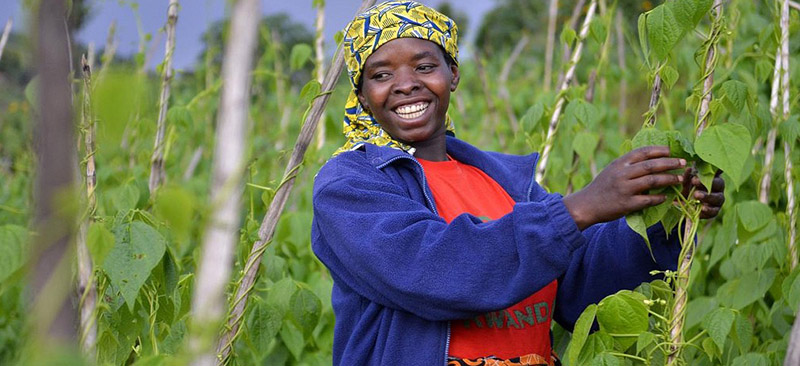
Finance Alliance for Sustainable Trade (FAST) contracted MSC to enhance the credit or investment readiness of agricultural SMEs. We provided training resources in the form of a tailored set of materials.
MSC developed a Financial Literacy Toolbox (the FLTBX) to train agri-entrepreneurs on financial management, accounting, costing, risk management, financing, and debt finance in practice. We customized the FLTBX to create three more versions, each covering a similar set of key topics adapted to different market contexts, including those targeting agriculture producer groups in sub-Saharan Africa and entrepreneurs in the services sector in Tanzania.
By the end of 2018, over 2,000 entrepreneurs from the agriculture and services sectors in sub-Saharan Africa had been trained using the FLTBX. In addition, over 100 local technical assistance providers had received training and were deployed to on-train entrepreneurs on the FLTBX to strengthen the capabilities of entrepreneurs.
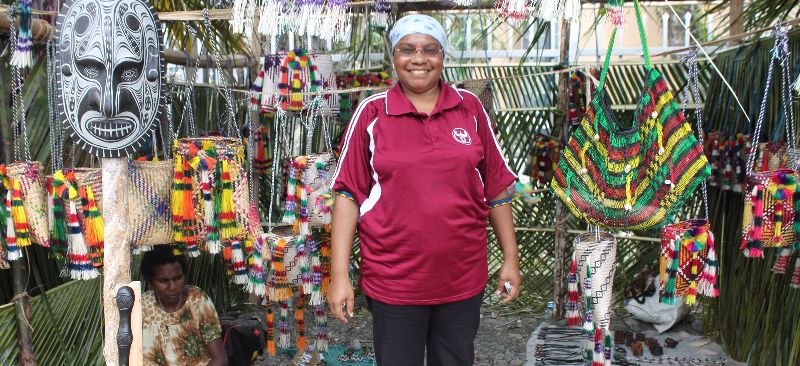
The Asian Development Bank (ADB) commissioned MSC to implement the Microfinance Expansion Project (MEP) in Papua New Guinea. Under this project, MSC collaborated with women’s community groups to develop linkages with MFIs, women’s banks, and women and faith-based groups. The aim was to promote gender issues at the provincial, district, and local levels.
MSC designed women-focused financial products, gender policies, and conducted workshops with partner financial institutions. Women were the central focus in the design and delivery of every financial education retail training and training-of-trainers. MSC drafted the first-of-its-kind gender policy for use by the partner financial institutions in the country. A key contribution of the MEP was the establishment of the Centre for Excellence in Financial Inclusion (CEFI), which has a particular focus on women and aims to achieve financial inclusion.
The project trained over 150,000 people—with women comprising 47% of the clients trained in financial education and 67% of the clients trained in business development services.
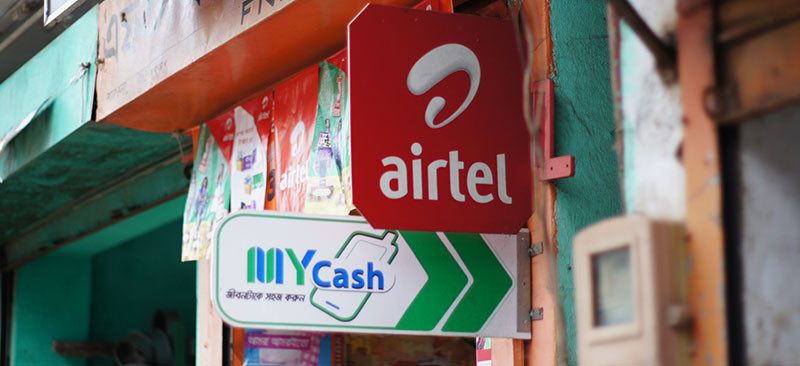
MSC studied the needs and preferences of women users of mobile financial services (MFS) in Bangladesh. This study was part of the support MSC provided to IFC’s Access to Mobile Financial Services for Women in Bangladesh project. The project would improve financial inclusion among women by promoting the use of MFS.
As part of this engagement, MSC designed two women-centric MFS products that a select group of MFS providers would concept-test. At the time of writing, we were supporting MFS providers with strategies and appropriate collaterals for them to onboard women MFS users.
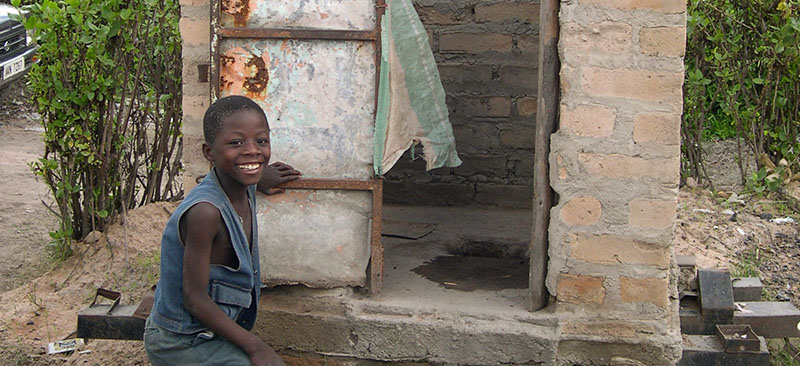
MSC and Tremolet Consulting worked with a group of 30 pit-emptying enterprises in Dar es Salaam, under UKAid’s SHARE program. MSC assessed the market, identified business opportunities, and developed management and training manuals for sanitation enterprises. The enterprises trained by MSC accessed working capital from local banks and MFIs, including KCB Tanzania, K-finance, Eclof Tanzania, Tujijenge Tanzania, and local WASH NGOs to purchase new sanitation equipment and thus improve access to decentralized sewerage systems.
By the end of 2017, these enterprises had accessed more than USD 100,000 in working capital loans and had expanded their services to at least three peri-urban areas around Dar es Salaam, including slums in Temeke and Ilala districts. One enterprise realized a 58% growth in annual gross income upon the purchase of new equipment to replace old equipment that WaterAid had initially donated or subsidized.
The success of the pit-emptying enterprises triggered market competition and price reduction from USD 20 to about USD 15.




